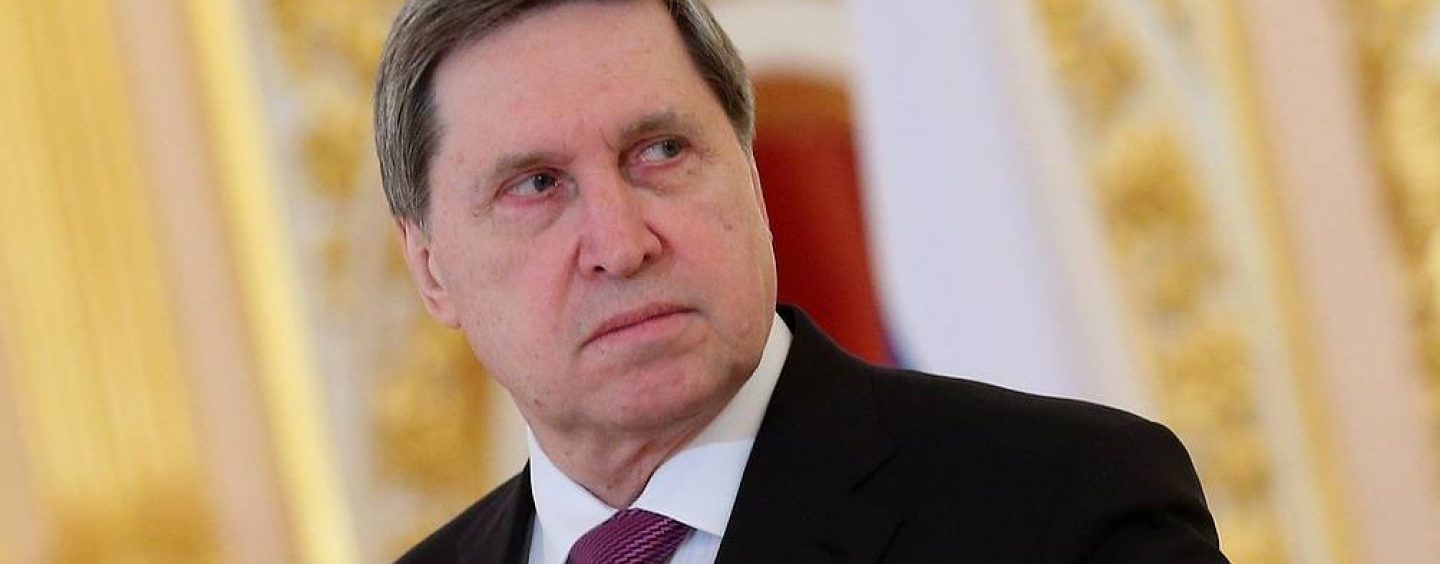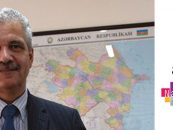Russian presidential aide for foreign affairs Yury Ushakov says BRICS countries working on developing their own payment systems, improving logistics
By Elena Teslova
Russian presidential aide for foreign affairs Yury Ushakov said on Tuesday that the BRICS countries do not compete with the West but have already outdone the G7 in terms of purchasing power parity.
Ushakov said in an interview with Russian state news agency TASS that cooperation with the BRICS economic bloc is “one of the main vectors” of Russia’s long-term foreign policy, which aligns with the country’s core interests and commitment to shaping “a fair multipolar world.”
During its BRICS chairmanship, which will last from Jan.1 to Dec.31 2024, Russia intends to prioritize three areas, including politics and security, economics and finance, and cultural and humanitarian relations.
Over 250 events are scheduled in more than 10 Russian cities during Russia’s BRICS chairmanship. The main event will be the BRICS leaders’ summit, which will take place in Kazan from Oct. 22 to 24.
“This will be the first summit of the association in an expanded format. It was decided at the leaders’ meeting in Johannesburg last August to invite new members to the association, and as of Jan. 1 this year, it includes 10 states,” he said.
West ‘jealous’ of BRICS success
The twofold increase in the number of BRICS members offers extensive opportunities to strengthen the bloc’s role and authority in the international arena, Ushakov emphasized.
He noted that the BRICS has already surpassed the Group of Seven in purchasing power parity, accounting for 35.6% of global GDP, while the G7 accounts for 30.3%.
“By 2028, the situation will further shift in favor of BRICS, reaching 36.6% against 27.8%. … BRICS collective weight in the global economy is $58.9 trillion. It represents more than a third of the Earth’s land area (36%), 45% of the world’s population (3.6 billion people), over 40% of total oil production, and about a quarter of world exports of goods,” he added.
Ushakov highlighted that many countries are interested in joining the economic powerhouse of the BRICS bloc. However, Western states view its expansion and the interests of other countries with “undisguised jealousy.”
“We witness numerous attempts by Western opponents to undermine and weaken our union. But BRICS itself doesn’t compete with anyone; it does not oppose anyone — it is not an anti-Western association,” he emphasized.
In the financial sector, Ushakov outlined goals such as expanding the BRICS’ role in the international monetary system and developing an independent payment system.
Improving transportation efficiency and reducing logistics costs are vital for economic ties, and BRICS members are working toward the early implementation of the North-South transcontinental corridor, he said.
Measures will be taken to implement the agreement on satellite cooperation and to promote the code of ethics in the field of artificial intelligence (AI), developed in Russia.
Another priority, according to Ushakov, is collaboration between scientific and medical establishments, particularly in the implementation of a system for early warning of mass infection risks, which became relevant after the coronavirus pandemic.
No plans of military cooperation
Regarding military cooperation, he said there are no plans for building cooperation in this domain, including joint military exercises.
However, regular meetings of foreign ministers and officials responsible for security issues will address global challenges such as counterterrorism, corruption, and digital protection.
BRIC, which was founded in 2009 by Brazil, Russia, India, and China, expanded to include South Africa in 2011, giving it the name BRICS. Six more countries joined in Dec. 2023, but the bloc decided to keep the name BRICS.
Ushakov said there are currently no plans for further enhancements, but member states are considering criteria for accepting new participants in the future.






